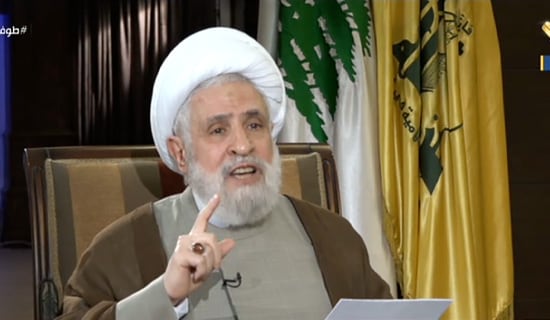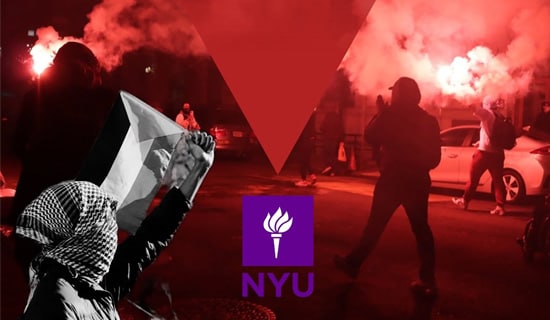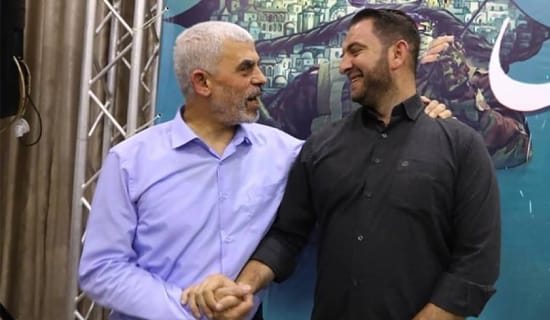In accordance with a June 28, 2022 Bulgarian government decision to expel 70 Russian diplomats. On July 3 the diplomats and their families left Bulgaria on July 3, 2022 and flew from Sofia to Moscow.[1]
Russian Ambassador Eleonora Mitrofanova issued Bulgaria an ultimatum to reverse its decision and threatened that Moscow would fully sever diplomatic ties.
"I intend to urgently raise before the leadership of my country the issue of the closure of the Embassy of Russia in Bulgaria, which will inevitably lead to the closure of the Bulgarian diplomatic mission in Moscow," she said in a statement.[2] This was the latest in a series of mass expulsions of Russian diplomats from Europe since the Russian invasion of Ukraine on February 24, 2022. Russia of course retaliated in kind.
Fyodor Lukyanov, editor-in-chief of Russia in Global Affairs magazine and chairman of the Presidium of the Council for Foreign and Defense Policy, decries these events and advises Russia not to sever relations. He understands that when interaction between Russia and Europe is moribund, it makes no sense to maintain bloated embassy staffs. Given the common interests between Europe and Russia, Lukyanov hopes that things will eventually pick up if not via formal channels than via informal ones.
A more worrying trend for Lukyanov is the decline of diplomacy as practiced by experienced diplomats and specialists, who even in tense times could solve some problems quietly. Quiet diplomacy has given way to public diplomacy in which the media play a major part, and national leaders are more concerned with how they are perceived by the voters rather than by their fellow interlocutors.
The only concrete example that Lukyanov provides is French President Emmanuel Macron, but nowhere in the article does he come out and say that it is strictly a problem of Western leaders and Russia is exempt. He does say that traditional diplomacy, for now, survives in relations with the East. This raises the possibility that Lukyanov is criticizing the sidelining of Russia's foreign policy community prior and after the invasion of Ukraine.
Lukyanov's analysis follows below:[3]

Russian diplomats and their dependents leaving Bulgaria (Source: Novinite.com)
"Bulgaria may become the first NATO member-state, with whom [Russia’s relations] will be completely severed. After the Bulgarian government decided on the expulsion of 70 Russian embassy employees, the institution's operations became impossible. The next question is whether to maintain a symbolic [diplomatic] presence, while awaiting better times, or to update the status to conform with reality. Let me say immediately that the undersigned favors the first option.
SUPPORT OUR WORK

"Sooner or later the situation will change, and it’s always much more difficult to restore formally severed ties than to suspend them. Thus, for convenience's sake, it would be easier to freeze the relationship at an absolute minimum.
"In substantive terms, however, there is little difference. The huge body of interaction accumulated between Russia and Europe over decades is quickly disappearing, and along with it, a need for crowded diplomatic missions. After all, the number of such employees was determined (perhaps superfluously) by the need of serving the various areas of cooperation (economy, humanitarian issue, security, etc.).
"Powerful analytical services of various kinds, which were always contained in embassies, were designed to assess and forecast bilateral relations on the premise that they will and should develop. If they won’t be developing and need not develop as the qualitative changes in this year's political atmosphere indicate precisely that, the need for vast diplomatic apparatuses is dramatically reduced.
"Diplomatic war with mass expulsions of embassy employees eliminates traditional mechanism of interaction.
"Naturally, experience demonstrates other trends as well. When ties between the states are natural and beneficial for all, they find their way around the created obstacles. The example of Russo – Ukrainian relations in previous years is the most illustrative example of that. Despite concerted efforts to secure a rupture, trade turnover after 2014 managed not only to maintain the same volume, but at times even to grow. Not to mention human interaction. Now a similar phenomenon can be observed at the EU-Russia level. The parties, in principle, complement each other organically, and their unraveling runs completely counter to common sense. However, this is happening due to ideological and political reasons; sooner or later it will have an effect.
"But, there will be attempts to restore ties via various alternative ways. Another issue is that there is no need for official agencies to do this, or rather, their function should be limited to turning a blind eye to actions violating the restrictions. All in all, it’s a paradoxical situation.
"A separate topic is diplomacy in times of acute international crisis. Currently, it [diplomacy] is missing between Russia and the West now.
"This situation manifests itself in various ways, including the ultimate demise of the confidentiality concept. In times of classical [diplomacy], inviting journalists to attend a non-public conversation between heads of state and even to record it, would’ve been perceived as an outrage.
"Now such actions have practically become the norm, as, for instance, the practice of the Elysee Palace demonstrates. It seems that it does not enter the mind of those organizing such actions that these actions can have long-term fatal consequences for the ability to resolve any issues with other states. The lack of trust destroys diplomacy as an occupation, converting it to a category of public policy. But public politics rarely has the goal of reaching agreement on anything; it’s contentious by definition, that is its essence.
"Why is this happening? Is it ill will or blatant stupidity? Let’s venture the generous assumption that it is neither the one nor the other. We are dealing with a transformation of foreign policy per se.
"Diplomatic war with mass expulsions of embassies’ employees destroys the traditional mechanism of interaction based on determined regulations and procedures. The latter were centuries in the making and seemed to be well-established. But changes in the social structure, primarily related to technological and communications factors, are undermining the former scheme of relations, regardless of the participants' political will. Foreign policy is increasingly transforming from the work of the relevant agencies to the actions of political leaders and heads of state. In turn, this dictates its own laws, because diplomacy is no longer the work of professional technocrats, but of politicians, who, by virtue of their understanding, bear responsibility to their citizens.
"Without delving into an analysis of the benefits and disadvantages of democracy, which is a huge separate topic, we must admit that the level of democracy in the surrounding environment has increased everywhere, irrespective of the leaders' wishes.
"And that is what they have to work with. In the final result, it is much more for the same Emmanuel Macron how the voters perceive his actions on the international stage, rather than how his interlocutors in confidential negotiations treat them. The French boss is a particularly outstanding example in this regard, but on the whole, everyone faces similar pressures, each by virtue of his administrative and managerial system's peculiarities.
"The conclusion that can be drawn from all of this is quite alarming. It turns out that neither familiar mechanisms, nor new forms work in favor of international stabilization. Everything depends on personalities, and how reliable is this? The fact that the described phenomenon primarily refers to Russo-Western relations provides some solace. In the East, things are more traditional. So far."

Fyodor Lukyanov (Source: Globalaffairs.ru)




